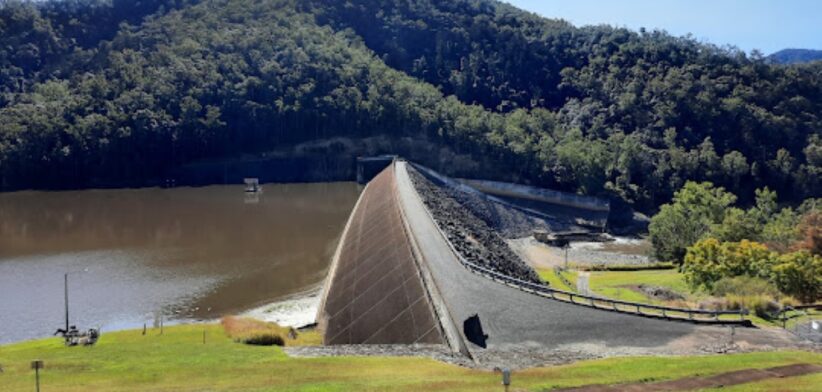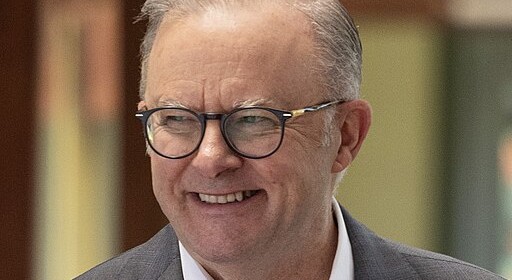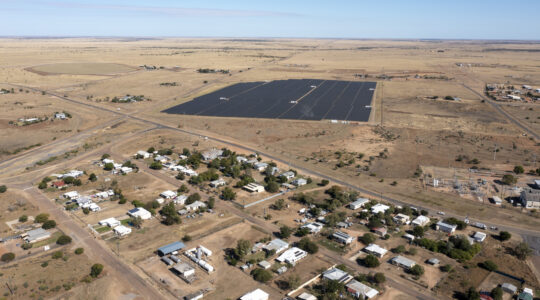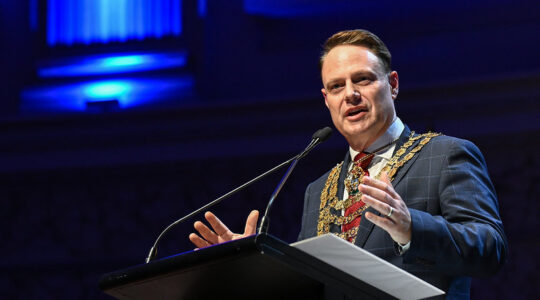A pumped hydro project west of the Sunshine Coast has been progressed with almost $200m worth of work packages awarded.
Queensland Hydro has awarded contracts for three major bodies of work at the Borumba Pumped Hydro Project near Imbil, 160km north of Brisbane.
Queensland Hydro CEO Kieran Cusack said three Queensland-based companies would share in the bodies of work, worth $190 million, at the 2000MW renewable energy project.
Water2Wire JV will be responsible for leading the engineering and design for the Borumba Project’s seven proposed dams which involve six new dams to form a new upper reservoir and one new dam wall and spillway immediately downstream from the existing Borumba Dam.
Mr Cusack said the replacement dam wall would see Lake Borumba increase its capacity providing security to the proposed energy storage scheme.
He said the Pumped Hydro Energy Storage (PHES) Designer package was awarded to AFRY-Aurecon JV and will involve the company advancing the front-end engineering design documentation, focusing on the technical elements of the pumped hydro scheme itself, such as the interplay between the turbines, cavern design, tunnel waterway design, and other equipment.
Additionally, a contract of approximately $111m was given to engineering and construction company Decmil to design and construct two temporary workers camps on previously cleared freehold land on the site.
“The best practice camps will be able to house up to 336 workers each, with each location containing a wellness room, gym facility, running track, social room, laundry facilities,” Mr Cusack said.
He said pumped hydro was the right technology to enable Queensland’s clean energy transition.
“We’re delighted to be partnering with Australian and international experts with proven global experience that will be used to deliver the Borumba Project.”
Mr Cusack said Queensland Hydro was aware of the potential disruption a project of this scale could have on small regional communities.
“In developing our plans, we respect these communities and we are taking the lessons from other projects to ensure we are good neighbours. A big part of this is minimising the impact on housing and roads near where we will operate.
“We want our workforce to be safe today and every day. By housing as many workers as possible in state-of-the-art temporary worker camps on-site, we’ll be reducing the need for workers to occupy homes or other accommodation within the regions and avoid hundreds of vehicle movements each day.
“Minimising potential traffic and housing impacts is the right thing to do for the community and it is also good for our workforce.”








